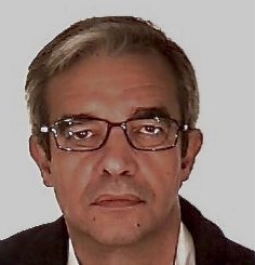Objectives
The goals of the PhD in Art Studies - Art and Mediation are:
- to offer students up-to-date theoretical, methodological and analytical tools that will enable them to carry out advanced research in the field of art studies;
- to constitute and give access to students to a critical body of up-to-date international knowledge and methodologies on art;
- to enhance the possibilities of research around the object and the artistic problem that are opened up by the interdisciplinary crossing of methodologies and knowledge from different social and human sciences;
- to create a platform for reflection on artistic practice in keeping with decree law 230/2009, which establishes the conditions for awarding a doctorate to creators of art works, and more specifically supports the academic framework of the "written justification that explains the process of conception and elaboration, the capacity for investigation, and its framework in the evolution of knowledge".
Core competencies:
- acquisition of high-level analytical skills in the critical analysis of the processes of artistic creation and circulation;
- acquisition of methodological and theoretical tools for carrying out advanced and innovative research in the field of art studies with a view to preparing a doctoral thesis or, in the case of a PhD by work, the grounds required for its recognition;
- understanding of the transversality of the artistic object and of its influences and implications in the structuring of social, political and cultural life;
- ability to present and discuss the development and results of advanced research in art studies, as well as participation in national and international conferences in the area, or publication in peer-reviewed publications;
- ability to apply the acquired knowledge to new problems related to the area of Art Studies and its implications in the epistemologies of the Social Sciences and Humanities.
Curricular structure
Duration: 8 semesters. Total Credits: 240 credits (90 in curricular units + 150 in the non-taught component).
Modalities of non-taught component: Thesis.
Number of credits on a free-choice basis: 20 credits. The free-choice seminar may be chosen from among the postgraduate courses offered at NOVA FCSH; by other departments of the Nova University of Lisbon, or by other Portuguese or foreign higher education institutions, by agreement or protocol.
The degree of Doctor corresponds to level 8 of the NQF/EQF - National Qualifications Framework/European Qualifications Framework.
Coordination
Faculty staff
- João Mário Grilo
- João Soeiro de Carvalho
- João Constâncio
- Jorge Martins Rosa
- José Oliveira
- Margarida Brito Alves - Vice-Coordinator of the PhD
- Maria Irene Aparício - Vice-Coordinator of the PhD
- Maria João Mayer Branco
- Paulo Filipe Monteiro

